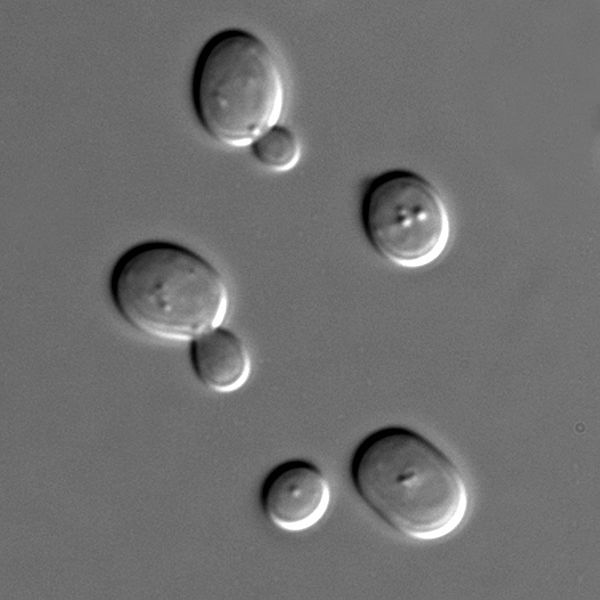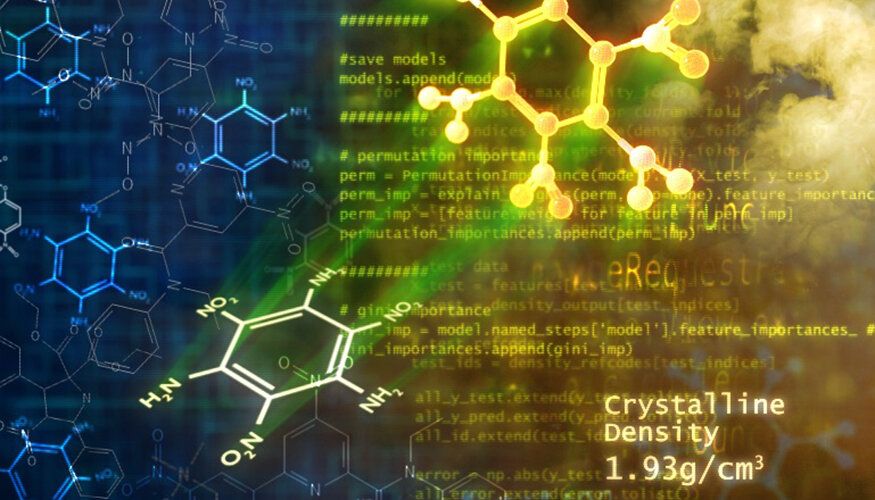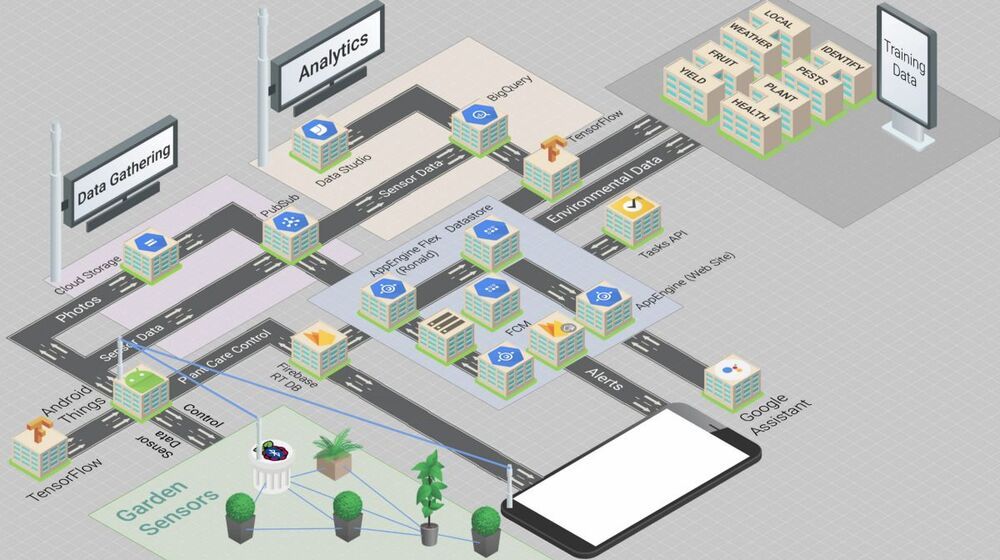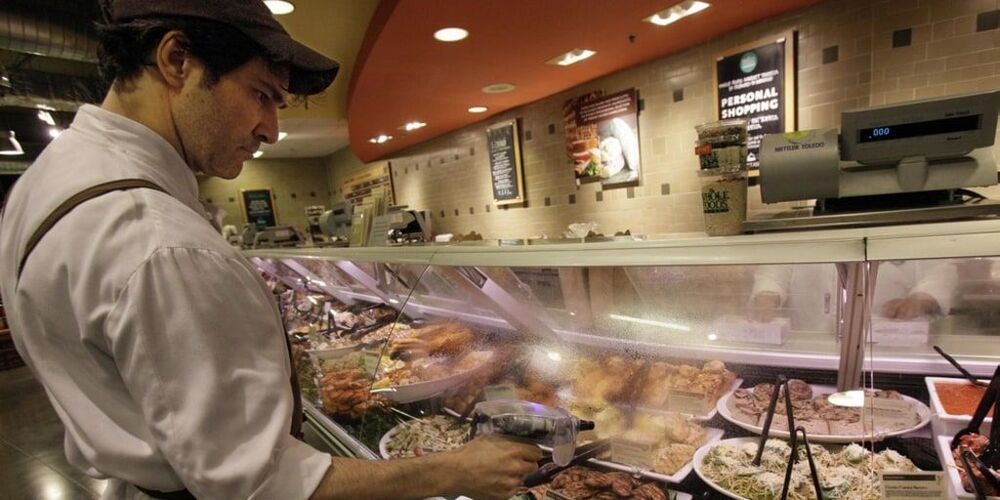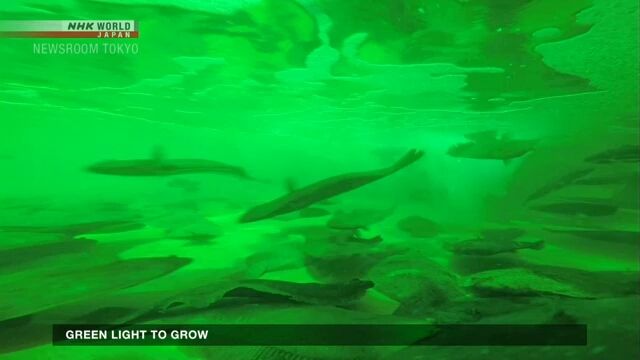The plasticizers contained in many everyday objects can impair important brain functions in humans. Biologists from the University of Bayreuth warn of this danger in an article in Communications Biology. Their study shows that even small amounts of the plasticizers bisphenol A and bisphenol S disrupt the transmission of signals between nerve cells in the brains of fish. The researchers consider it very likely that similar interference can also occur in the brains of adult humans. They, therefore, call for the rapid development of alternative plasticizers that do not pose a risk to the central nervous system.
Bisphenols are plasticizers that are found in a large number of plastic products worldwide — for example, in food packaging, plastic tableware, drinking bottles, toys, tooth fillings, and babies’ dummies. In recent years, numerous health risks have already been associated with them, especially with bisphenol A (BPA). The Bayreuth research team led by Dr. Peter Machnik at the Animal Physiology research group (led by Prof. Dr. Stefan Schuster) has now for the first time investigated the effects of plasticizers on signal transmission between nerve cells in the adult brain. The study covers not only BPA, but also bisphenol S (BPS), which is often considered less harmful to health. Their findings: Both plasticizers impair communication between the nerve cells of the brain.

